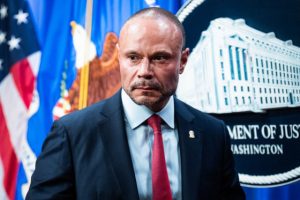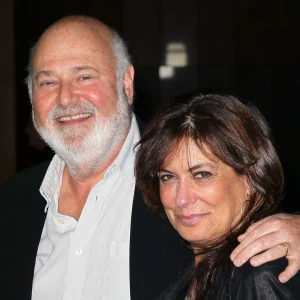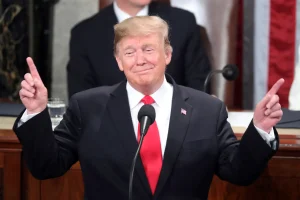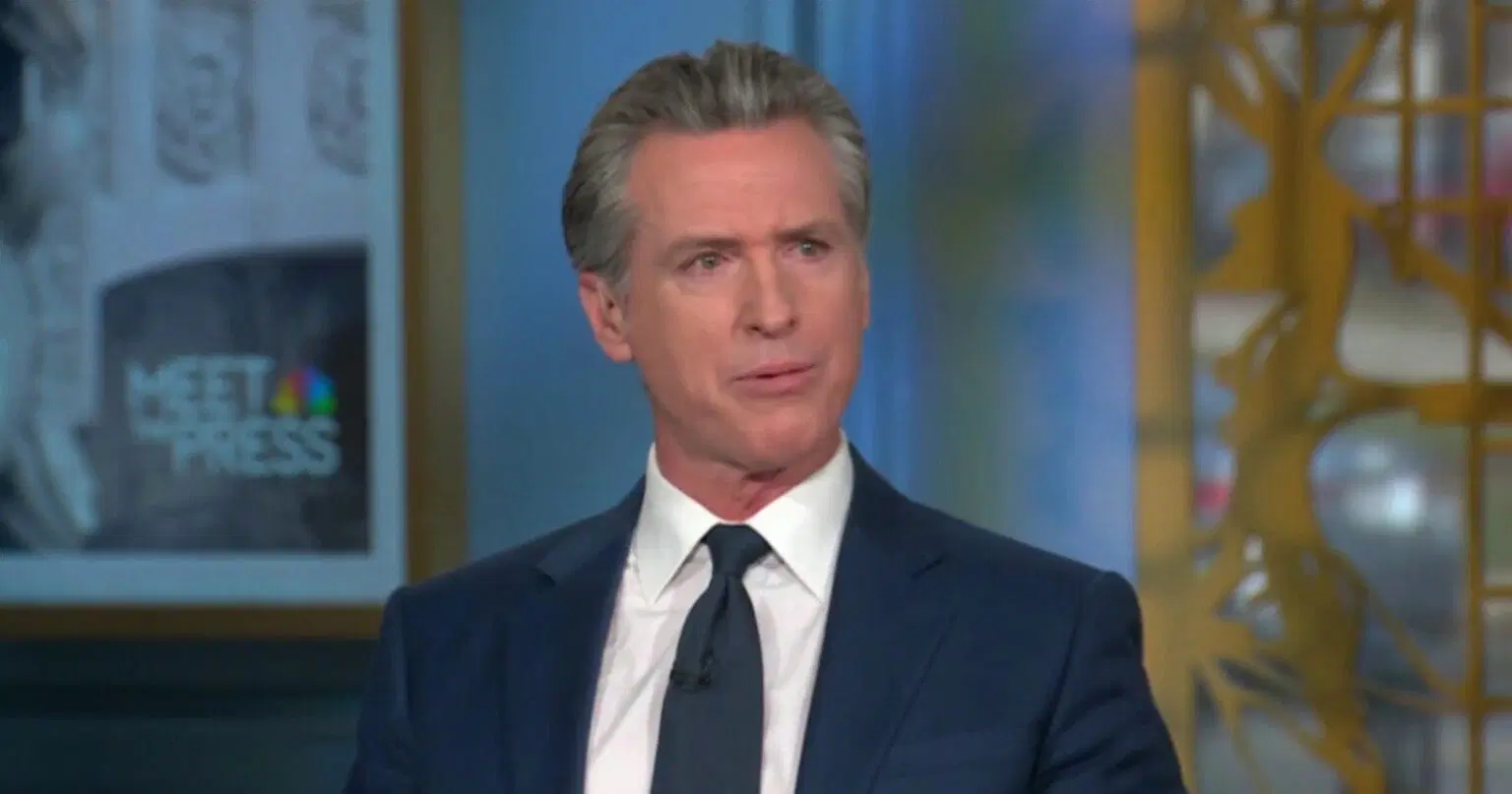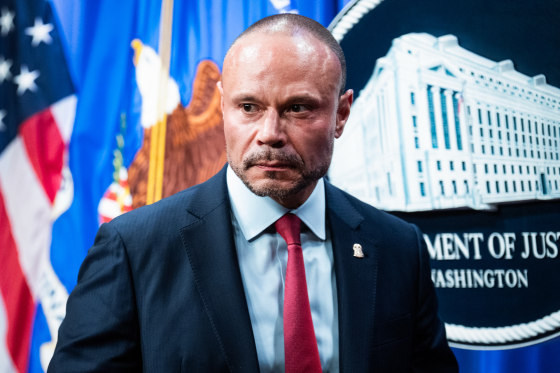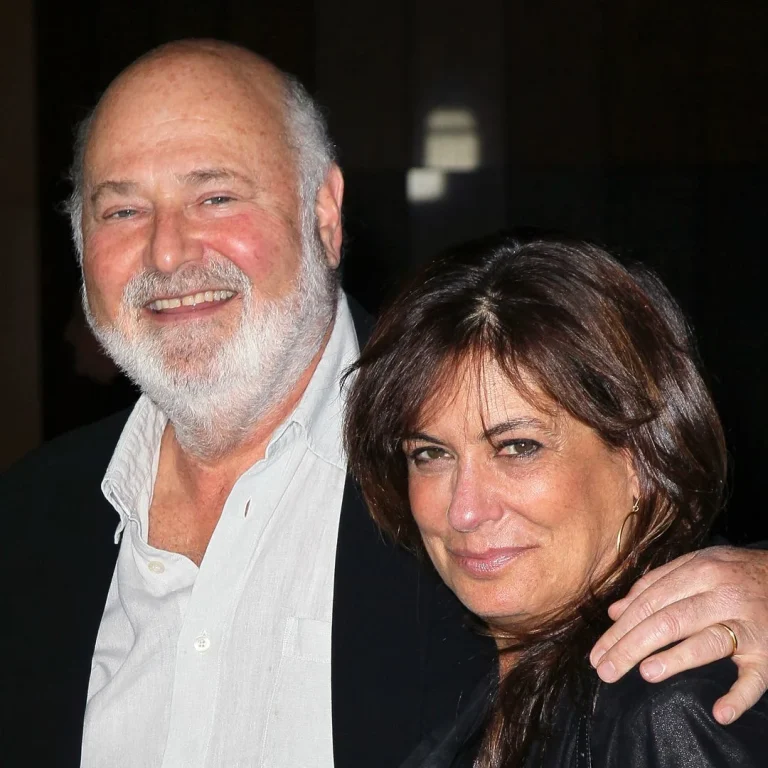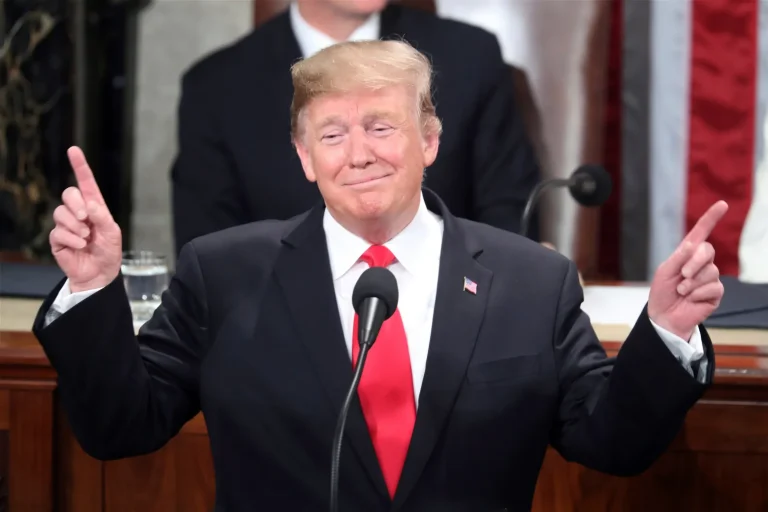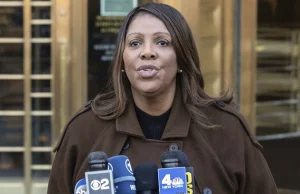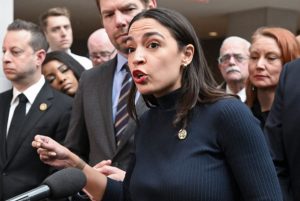SACRAMENTO, Calif. — California Governor Gavin Newsom has confirmed that he is weighing a 2028 presidential bid, acknowledging for the first time that he is seriously considering entering the next national race for the White House.
In a recent interview with CBS News Sunday Morning, the Democratic governor — who has long been seen as a rising figure within his party — said that he would be “lying” if he claimed not to be thinking about a future run.
“Yeah, I’d be lying otherwise,” Newsom said when asked if he was considering a campaign. “I’d just be lying. And I’m not — I can’t do that.”
The statement marks Newsom’s most candid acknowledgment to date that he may pursue higher office after his term as governor ends. Yet, almost immediately after the interview aired, new polling and political analysis suggested that any such path may prove far more difficult than many of his allies once imagined.
A Governor Nearing the End of His Term
Under California’s term-limit law, Newsom is barred from seeking a third term as governor. His current term will expire at the end of 2026, leaving him politically untethered just two years before the next presidential election.
Over the past year, the 57-year-old Democrat has been increasing his national profile, traveling to early primary states such as South Carolina, and launching a podcast where he regularly debates policy and culture with conservative guests.
Observers note that these moves closely resemble the early groundwork laid by past presidential hopefuls. According to reports from The New York Post and Politico, Newsom’s media strategy has also become more assertive, often using social media to engage Republican critics directly — sometimes in a satirical tone reminiscent of former President Donald Trump’s combative online persona.
Still, when pressed about his timeline for making a decision, Newsom offered a more restrained answer.
“Fate will determine that,” he told CBS.
https://twitter.com/JohnLeFevre/status/1982270460638175592
The 2028 Democratic Field Begins to Take Shape
While no major candidates have officially announced a 2028 run, early positioning within the Democratic Party has already begun.
Former Vice President Kamala Harris recently told the BBC that another campaign remains “possible,” adding, “I am not done.” Harris, who lost to President Trump in the 2024 election, is viewed by many Democrats as a likely contender seeking political redemption.
That possibility could place her on a collision course with Newsom — two high-profile Californians with overlapping donor bases and divergent political styles. Harris is often described as methodical and policy-focused, while Newsom is known for his high-visibility approach and combative public messaging.
Party strategists suggest that a Harris-Newsom rivalry could become one of the defining dynamics of the next primary season, potentially mirroring the internal divisions that have surfaced between moderates and progressives across the party.
Polling Paints a Complicated Picture
Despite his growing national recognition, new polling released in mid-October showed Newsom trailing several potential Democratic contenders, including Harris, Michigan Governor Gretchen Whitmer, and Transportation Secretary Pete Buttigieg.
According to a USA Today/Suffolk University survey, only 14 percent of likely Democratic voters said they would back Newsom if the primary were held today, compared to 23 percent for Harris and 18 percent for Whitmer.
Political analysts cited California’s economic and public safety challenges — as well as persistent criticism of the state’s homelessness crisis — as factors that could complicate Newsom’s appeal outside the West Coast.
“California is both his greatest credential and his greatest vulnerability,” said Democratic strategist Marlon Jacobson. “He can point to progressive achievements, but opponents will point to cost-of-living issues and high taxes. Voters in swing states are watching that closely.”
A Personal Touch — and a Hint of Uncertainty
In the CBS interview, Newsom also reflected on his personal journey, including his struggles with dyslexia, which he said once left him sitting “in the back of the classroom” and uncertain of his own abilities.
“The idea that a guy who got 960 on his SAT, that still struggles to read scripts — the idea that you would even throw that out is, in and of itself, extraordinary,” he said.
Asked again if he intends to run, Newsom demurred.
“Who the hell knows? I’m looking forward to who presents themselves in 2028 and who meets that moment,” he added.
That mix of openness and caution has defined much of Newsom’s national posture. Though he publicly backed President Biden during the 2024 race and repeatedly said he had “no interest” in running that year, Newsom maintained a visible presence on national issues — often appearing on major cable news programs to defend Democratic policies or criticize Republican-led states.
From Ally to Critic of Washington Leadership
Since Trump’s return to office in 2025, Newsom has positioned himself as one of the administration’s sharpest Democratic critics.
During a September appearance on The Late Show with Stephen Colbert, Newsom warned that the nation was facing what he called a “code red” moment for democracy.
“I fear that we will not have an election in 2028,” Newsom said at the time. “I really mean that in the core of my soul — unless we wake up to what’s happening in this country.”
The comment drew both attention and criticism, with Republicans accusing the governor of “fear-mongering” and Democrats privately expressing concern that his language might alienate moderate voters.
Despite the backlash, Newsom has continued to challenge what he describes as “authoritarian actions” by the federal government — particularly on immigration enforcement.
Policy Tensions at the Border
Earlier this month, Newsom signed state legislation barring local and federal law enforcement officers in California from wearing masks while performing official duties. The measure, which he said was designed to increase transparency and accountability, has faced skepticism from federal agencies and legal experts who questioned how the law would be enforced.
“If some guy jumped out of an unmarked car with a mask on and tried to grab me — by definition, you’re going to push back,” Newsom told reporters. “These are not just authoritarian tendencies. These are authoritarian actions.”
Officials within the administration, including Border Czar Tom Homan, have rejected the characterization, saying that federal immigration agents are operating within legal bounds and targeting individuals with outstanding deportation orders or criminal records.
Homan and others have argued that inflammatory political rhetoric has contributed to a sharp rise in violence against federal immigration officers — reportedly up more than 1,000 percent since 2024, according to internal agency data cited by Fox News.
“We don’t randomly target anyone,” Homan said in a recent briefing. “Our agents follow the law. What’s changed is the level of hostility they now face, and that’s been fueled by political statements that misrepresent what we do.”
What Comes Next for Newsom
As Newsom’s national profile continues to rise, he faces the challenge of navigating a political landscape defined by volatility and competing narratives.
His allies point to California’s economic size, renewable energy initiatives, and expansive social programs as proof that his leadership model could appeal to a national audience. Critics, however, argue that ongoing issues in housing, public safety, and taxation could become central liabilities in a presidential campaign.
“He’s a talented communicator and a skilled campaigner,” said political analyst Karen Thompson. “But the 2028 Democratic field will be crowded — and the post-Trump political environment may not favor another California liberal.”
For now, Newsom insists his focus remains on governing his state. But few in Democratic circles doubt that he is preparing for something larger.
As one longtime adviser put it:
“He’s leaving the door open — and in politics, that usually means the campaign has already started.”

Emily Johnson is a critically acclaimed essayist and novelist known for her thought-provoking works centered on feminism, women’s rights, and modern relationships. Born and raised in Portland, Oregon, Emily grew up with a deep love of books, often spending her afternoons at her local library. She went on to study literature and gender studies at UCLA, where she became deeply involved in activism and began publishing essays in campus journals. Her debut essay collection, Voices Unbound, struck a chord with readers nationwide for its fearless exploration of gender dynamics, identity, and the challenges faced by women in contemporary society. Emily later transitioned into fiction, writing novels that balance compelling storytelling with social commentary. Her protagonists are often strong, multidimensional women navigating love, ambition, and the struggles of everyday life, making her a favorite among readers who crave authentic, relatable narratives. Critics praise her ability to merge personal intimacy with universal themes. Off the page, Emily is an advocate for women in publishing, leading workshops that encourage young female writers to embrace their voices. She lives in Seattle with her partner and two rescue cats, where she continues to write, teach, and inspire a new generation of storytellers.
